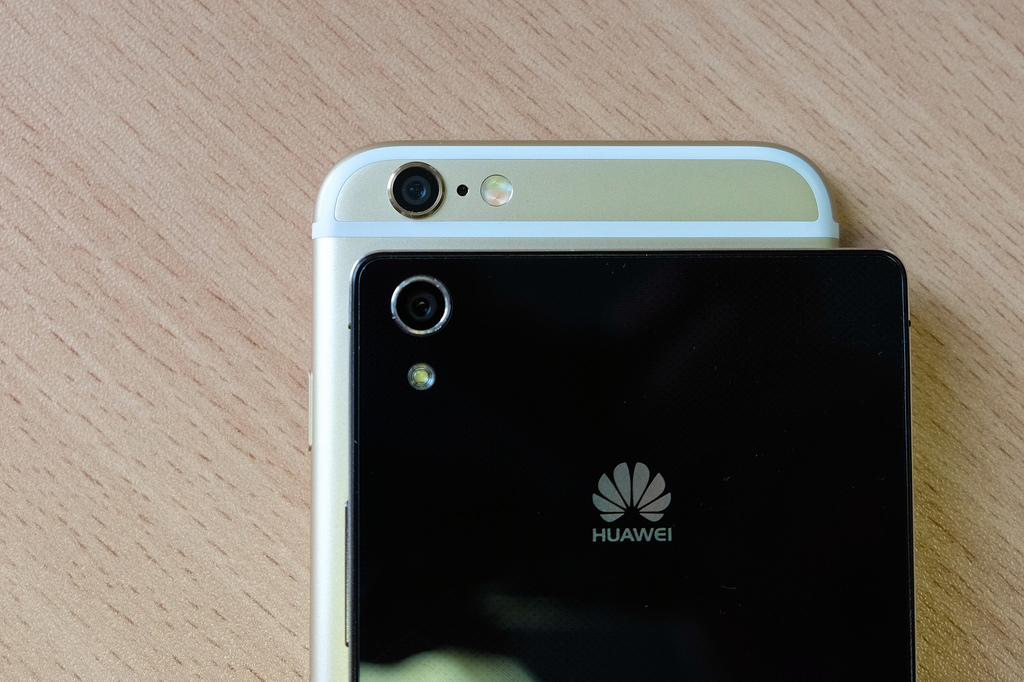The Chinese company Huawei Technologies Co Ltd can become the world's largest smartphone vendor in 2019, overtaking Apple and Samsung, even without the ability to sell their devices in the US market. This is reported by Reuters, citing the company’s representatives.
Huawei's forecast is indirectly confirmed by the statistics of the market leader Samsung and the second Apple company: in 2018, sales of both companies declined in China. They have released expensive devices that are relatively poorly sold in the country where the lowest rates of economic growth are expected in the last 30 years.
The manufacturer of telecommunications equipment said that the company's consumer electronics sales grew by 50% in 2018, exceeding $ 52 billion. This represents 48% of the company's total revenue. Huawei’s head of customer service, Richard Yu, speaking to Reuters at a Beijing press conference on new products, said that Huawei intends to keep up the pace by introducing a foldable smartphone based on the new chipset with 5G technology at the Mobile World Congress in Barcelona in February.
The global smartphone market in 2018 decreased by 3% in piece terms. In 2019, Huawei expects to avoid a general decline in supply and increase sales at the expense of the new smartphone with 5G technology. Although 5G standards will be adopted in most countries of the world only in 2022-23, the company plans to establish itself as a supplier of devices with this technology at this point.
At the same time, the United States and some other Western countries restrict Huawei's access to the market, claiming that its products can be used by China for espionage. For example, Huawei products were banned in Taiwan, restrictions imposed in the UK and Australia. However, Richard Yu told the agency that these are all political games. Officially, the company claims that the charges are unfounded.
source: forbes.com
Huawei's forecast is indirectly confirmed by the statistics of the market leader Samsung and the second Apple company: in 2018, sales of both companies declined in China. They have released expensive devices that are relatively poorly sold in the country where the lowest rates of economic growth are expected in the last 30 years.
The manufacturer of telecommunications equipment said that the company's consumer electronics sales grew by 50% in 2018, exceeding $ 52 billion. This represents 48% of the company's total revenue. Huawei’s head of customer service, Richard Yu, speaking to Reuters at a Beijing press conference on new products, said that Huawei intends to keep up the pace by introducing a foldable smartphone based on the new chipset with 5G technology at the Mobile World Congress in Barcelona in February.
The global smartphone market in 2018 decreased by 3% in piece terms. In 2019, Huawei expects to avoid a general decline in supply and increase sales at the expense of the new smartphone with 5G technology. Although 5G standards will be adopted in most countries of the world only in 2022-23, the company plans to establish itself as a supplier of devices with this technology at this point.
At the same time, the United States and some other Western countries restrict Huawei's access to the market, claiming that its products can be used by China for espionage. For example, Huawei products were banned in Taiwan, restrictions imposed in the UK and Australia. However, Richard Yu told the agency that these are all political games. Officially, the company claims that the charges are unfounded.
source: forbes.com





